A fantastic Horizon special this week saw Ella Al-Shamahi, a paleo-anthropologist, standup comic and excellent presenter, working alongside a team of scientists following former commando Aldo Kane, equipped with lean physique and fashionable strongman beard, as he spent ten days inside a nuclear bunker. With no phone or watch and no other way to tell the time, Aldo was observed on camera 24 hours a day to see how it affected his natural rhythms, almost like a Body Clock Big Brother.
They put him through various experiments to see how his internal clock deep within the hypothalamus in the brain (known as the biological clock or circadian rhythm) was impacted. Watch as Aldo struggles to guess the time (he’s out by around 2-3 hours generally) and his mental and physical state alters over the course of a week and a half underground. He’s a super-fit chap so there’s a funny bit when he says how hard the experiment is hitting him, so hard that he’s finding it tough to do even an hour’s training!
They show how there are generally three types of people according to the research:
25 per cent of us are ‘early birds’, better in the mornings and early to bed ideally
25 per cent of us are ‘night owls’, better lying in late and more alert in the evenings
50 per cent of us lie somewhere in between
They meet a range of experts and everyday folk to uncover ‘hacks’ you can use to live more in sync with your particular body clock, and be fitter, healthier and happier as a result. Now of course, I don’t call them hacks, they’re behaviours, things you may be able to add to your routines to make improvements. Here’s a selection of the behaviours they uncover. How many do you do? Is there one you could change to help you find a little better balance?
1) Eat bigger meals in the mornings and smaller meals if eating late in the evening. That’s because your digestive system is actually most active first thing and less active just before you go to bed.
2) Carry out tasks that require lots of brain power in the late morning. This is when we tend to excel at complex processes and things needing logical thought.
3) Exercise late afternoon/early evening. This is when strength, power and reaction time tend to peak meaning you can perform at your very best.
4) Get outside as much as possible during the day. Exposure to natural light helps to sync your body clock and leads to better sleep. The light that we’re exposed to in cars, homes and workplaces, even with windows is hundreds of times lower and doesn’t have the same positive impact. Our balance events are a great opportunity to get out into nature and improve your sleep in the process of course! ;-)
5. In an ideal world, live by your clock. Today’s society doesn’t always allow for this, so if you can’t, read below for more helpful tips.
6. Whatever clock type you are or your daily routine, stick to the same sleep schedule ALL the time. Avoid lying in and catching up on sleep at weekends or days off as it throws your rhythm out again, find something that works and stick to it. Here are those tips I promised:
Night owls
If you can’t work to your rhythm and you struggle to get up in the mornings…
Get as much natural light as possible when you wake up. Get the curtains open, get outside, or make your commute active an active one.
Shut out/cut down on blue light after sunset. Body clock expert Professor Till gets people in the show wearing special orange sunglasses to do this, but if you don’t have access to these then avoiding tablets or phones after dark or switching them to night shift function can make a difference
Early birds
If you need more sleep but find yourself awake and alert early regardless of how little you’ve had…
Block out the morning light. Use eye masks or blackout curtains to make the room darker. This is especially good for nightshift workers who need to get some shuteye during the day.
Get as much light as possible in the late afternoon/early evening. This can help to synchronise your body clock to your new time schedule.
Similarly, if jet lag is a problem for you, when you fly east, get out into daylight as early in the morning as possible, whereas if you fly west, get natural light as late in the day as is possible.
Better balance
Remember as always, if you feel it would help you to make a change, do ONE thing only. Try it, don’t expect it to work every time straight away, be patient with it and you’ll get there.
Oh, and here’s the link to the show in iPlayer if you fancy watching it for yourself:
https://www.bbc.co.uk/iplayer/episode/b0bn5ys4/horizon-2018-9-body-clock-what-makes-us-tick#

